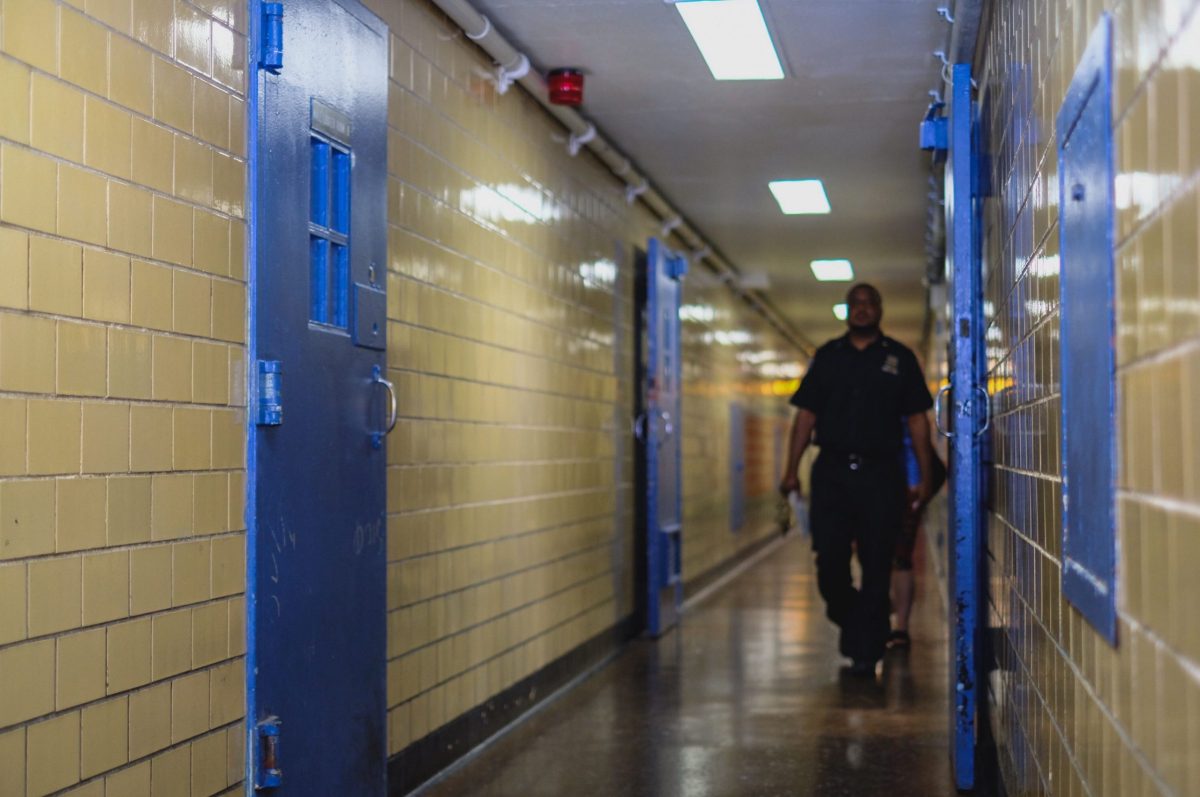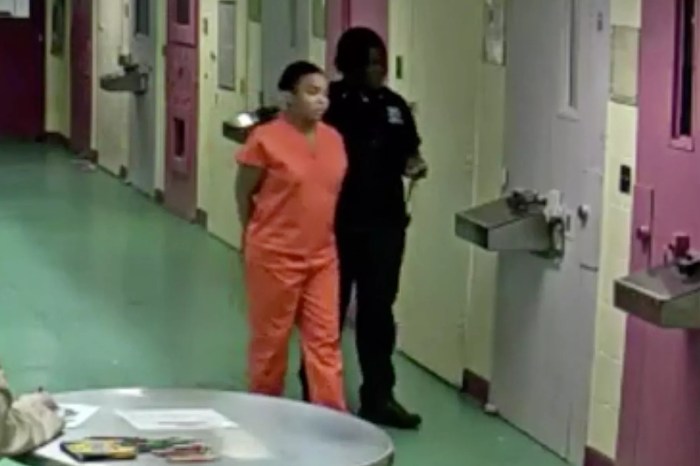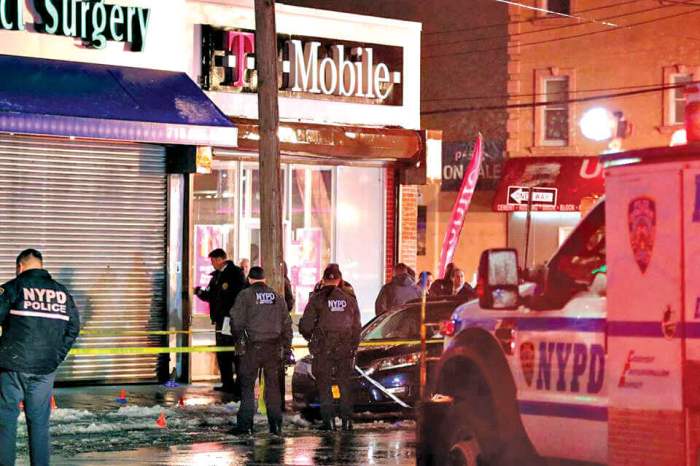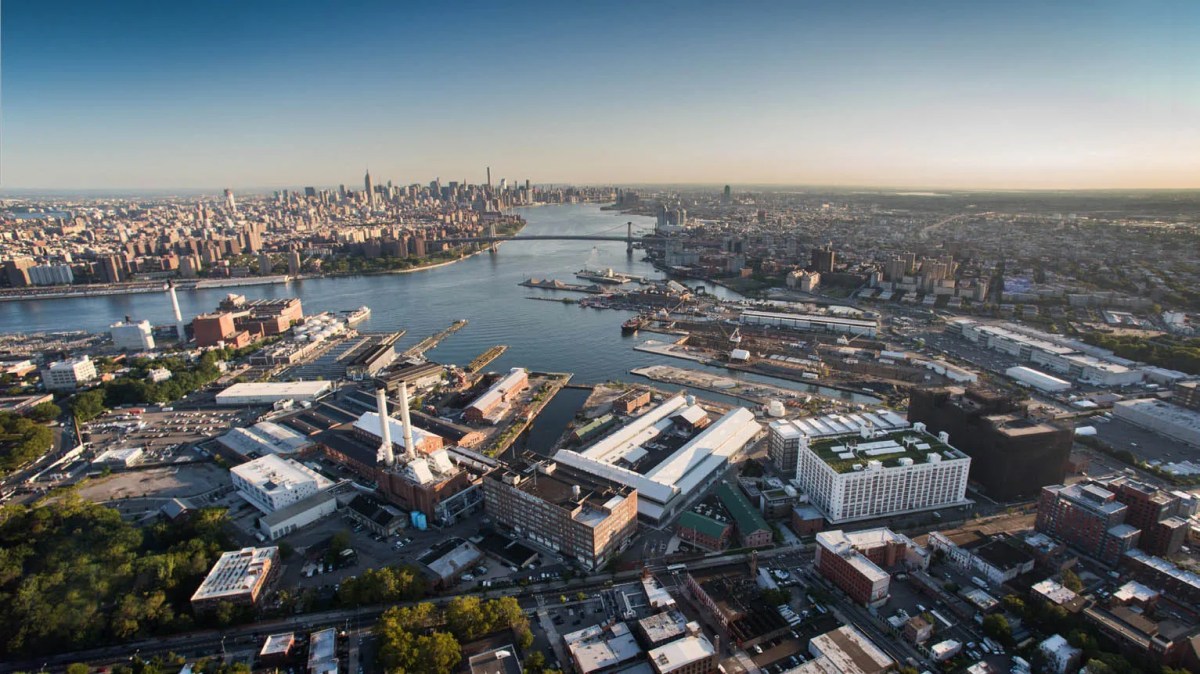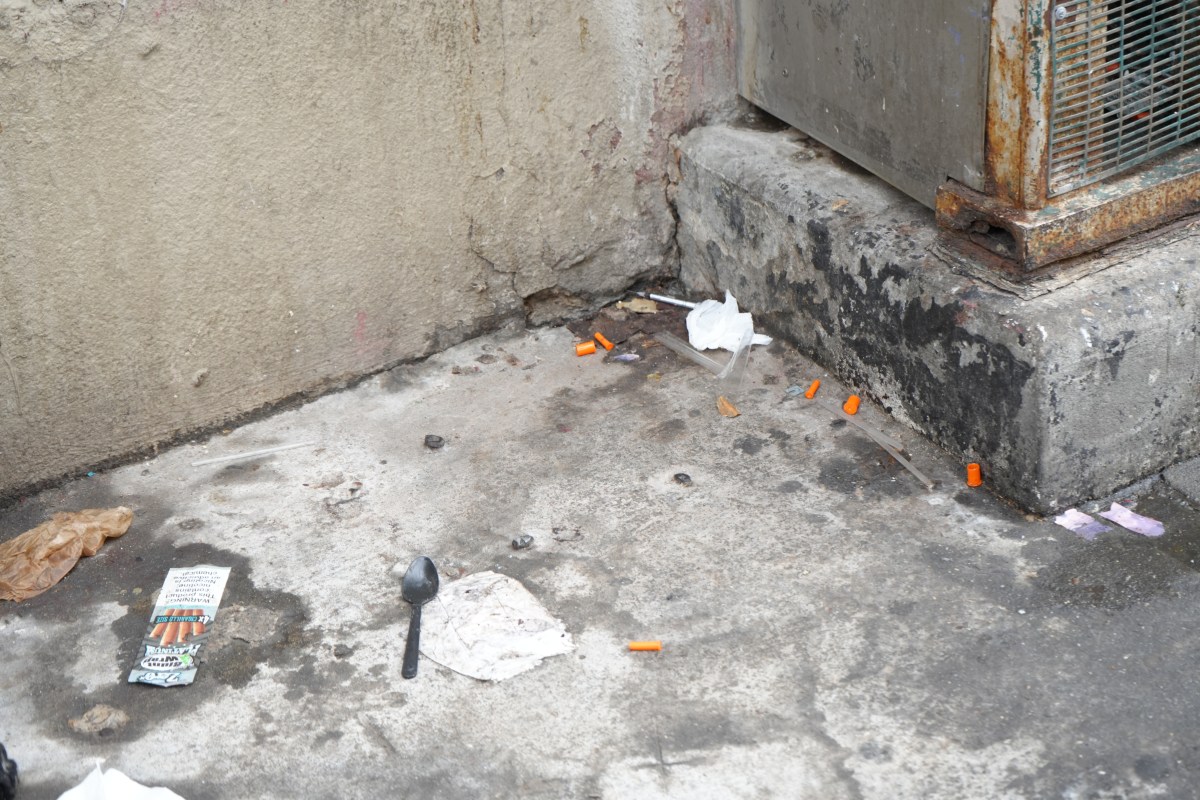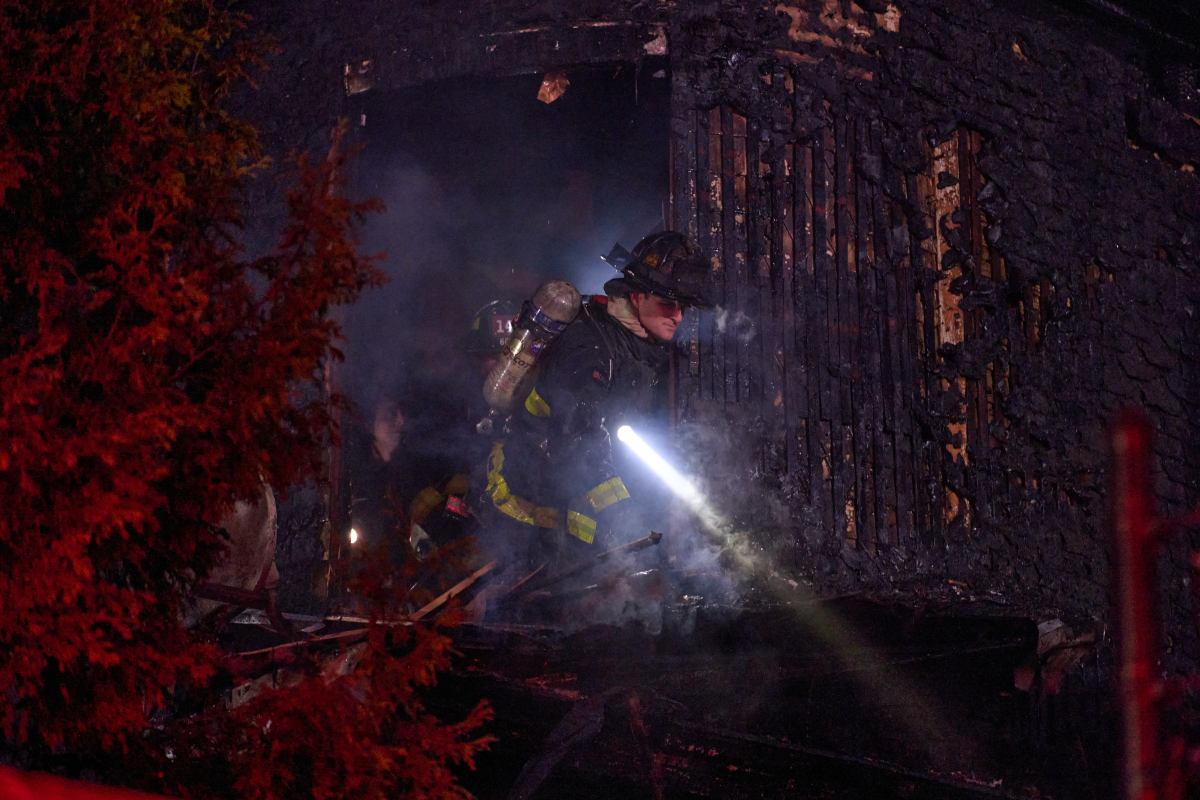A court appointed monitor on the city Department of Corrections said in a report that the agency does not hold staff accountable to instances of misuse of force.
One claim made by the monitor is that in an apparent lack of cuffs to move detainees from a “day room” to their cells, DOC staff instead used pepper spray and physical force to get the crowd of men to “secure” the men, something the agency said was “unavoidable.”
The report from Steve J. Martin, the independent monitor appointed in the Nunez v. City of New York et. al, has issued ten reports now on the DOC operations in the 11 facilities it manages throughout the five boroughs with over 9,400 employees.
“The most richly staffed jail in the country is effectively unmanaged, because neither rank and file staff nor managers are held accountable for their misconduct,” said Mary Lynne Werlwas, director of the Legal Aid Society Prisoners’ Rights Project.
In multiple examples in the report, detainees complained of excessive heat in their living quarters, attributed with causing tensions to escalate, and were passive in their dealings with jailers. The monitor ultimately found that staff had been over-aggressive in their measures to maintain power over those detained by the DOC and turned to pepper spray and grapple holds to an inappropriate degree.
DOC supervisors were found to have not properly control scenes where disorder was taking place and investigations into use of force were backlogged, but the report conceded that the agency was working to address these issues.
“The driving forces of use of force remain the same — over reliance on Probe Teams and alarms, the use of unnecessarily painful escort techniques, unnecessary and too close use of OC spray, and hyper-confrontational Staff behaviors,” the report said. “This is compounded by lack of accountability due to both uniform leadership’s inability to identify and address the Staff misconduct and the backlog of investigations, which creates and exacerbates a corresponding delay in imposing formal discipline. The Department has made significant progress in addressing the issues relating to investigations and is on the path to conducting efficient, timely and reliable investigations. That said, the resolution of the investigation backlog will create a backlog in the imposition of discipline. Initiatives to address efficient, timely and meaningful accountability will be the top priority going forward.”
The culture on Rikers Island has been the epicenter of discussions on reform for years now.
Rikers Island has been at the center of justice reform debates in the city with Mayor Bill de Blasio backing a proposal formed under the leadership of then-Council Speaker Melissa Mark Viverito in 2017. The plan: close all jails on Rikers and reduce the footprint of DOC facilities to four borough based jails near county courthouses.
The city enlisted the help of former Judge Jonathan Lippman, known as the Lippman Commission, to pinpoint where the origins of abuse in Rikers Island. They found that a major contributing factor for a culture of violence in the eight island facilities was isolation. With staff and detainees cut off from the rest of society, life looks a little different for the people living and working on what many have called New York City’s “penal colony.”
COVID-19, however, has forced the Department of City Planning to set back the 2026 completion date for the $11 billion jail reform plan. This came after a state Supreme Court judge ruled against the processes propelling the project forward in September, effectively killing the city’s plan for one of the facilities in Chinatown where the Manhattan House of Detention currently stands.
“It is unacceptable for the City to further delay closing the jails on Rikers,” Lippman said of the delay. “The events of 2020 – from the pandemic to the economic crisis to a sharpened focus on racial equity – have made the need to shut down institutions of racial injustice like Rikers more, not less urgent. If the City is serious about ending injustice it will follow the positive announcement of the impending closures of OBCC and MDC by dismantling and demolishing obsolete facilities on Rikers. On behalf of our Commission, we will remain vigilant in ensuring that the jails on Rikers are closed, without delay, once and for all.”
Read the full report here.



